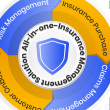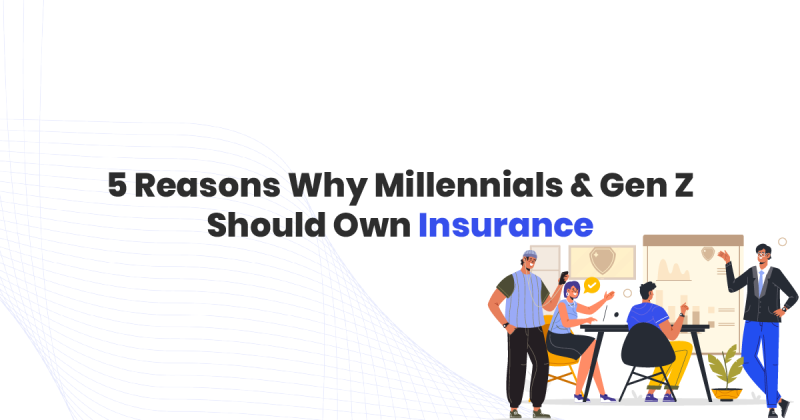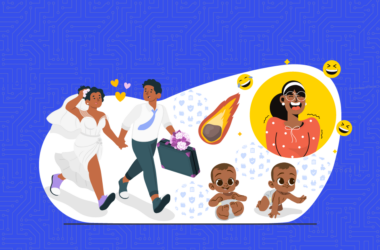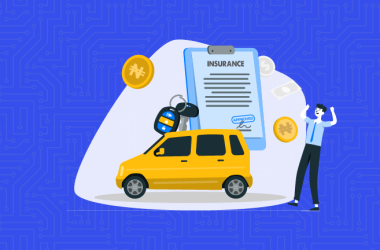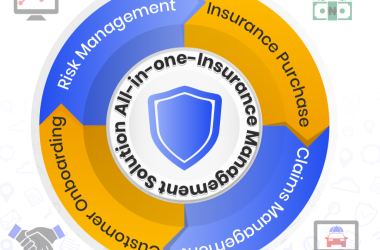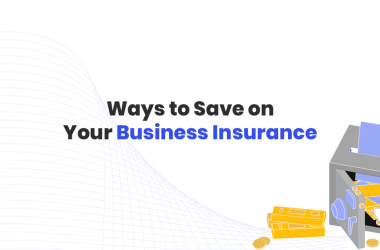It’s an indisputable fact that the true stars of this century are Millennials and Gen Zs. The former were born between 1981 and 1996, putting them in the age range of 27 to 42. The latter, also referred to as IGen, Zoomers, or centennials, were born between 1997 and 2012 and are currently aged between 13 and 26.
Due to their influence and digital power, this generation has become the focus of the world. They are often referred to as Digital Natives. However, some argue that this term more accurately applies to Gen Zs, who were born into the digital world, rather than millennials, who simply grew up with computers.
It is evident that the internet, digital devices, modern technology, and social media have significantly impacted the daily routines of both generations. This exposure may lead to differences in conversations, beliefs, values, and thoughts compared to those who have not embraced this tech-focused lifestyle.
In a CNBC article, the Bank of America claimed that Gen Zs are the “most disruptive generation ever“. The U.S. investment bank further noted that they pose a significant challenge to economies, markets, and social systems. As a result, industries and brands are adapting to accommodate the needs of both generations. Even conventional industries are incorporating digital options and collaborations to cater to the needs of the digital natives. For instance, the insurance industry is exploring digital alternatives and technological partnerships.
What is most important is who these generations are in terms of identity and how it affects their relationships with brands. Both generations can be distinctive, but there are similarities in their identification and expectations of brands. Their access to an unlimited pool of information on the internet makes them data-inclined to make informed decisions. According to a McKinsey article, consumers have incorporated their values and views into their purchasing decisions.
What are these values, views and expectations?
Authenticity, transparency, flexibility, political progression, exceptional customer service, personalisation, financial mindedness, etc. These values affect how they perceive and relate to different industries.
According to a study conducted by Financial Health Network, millennials dont trust their financial institutions. Even during the pandemic, only 14% of millennials felt that these institutions helped them improve their financial well-being. As a result, financial institutions are now working to realign their values and promises to better serve both generations.
An example of an industry in the financial sector that has taken leapfrogs into digitising its processes is the insurance industry.
- Consumers now have end-to-end digital insurance interactions.
- Products are tailored to suit the lifestyles of both disruptive generations.
- Insurance purchase is now faster.
- Embedding Insurance into different ecosystems to become more accessible to consumers
Check out Octamile Embedded Insurance solution.
- Partnering with insurtechs to ensure claim processes are faster and transparent
Check out Octamile Automated Claim Solution.
- Tools focused on financial wellness through prevention, safety, and awareness. An example is the Octamile Motor Insurance Reminder. It helps you avoid fines and notifies you before your motor insurance expires.
With these improved changes and evolution, Millenials and GenZs should be more open to purchasing Insurance. But if these still haven’t done justice to sway you into buying one, below are insurance products for millennials and GenZs and important reasons why you should own one.
5 Reasons Why Millenials and Gen Zs Need Insurance

1. Liberty and confidence to be adventurous
Whether for the purpose of exploring new cultures, new places, new food or new people, Gen Zs and Millenials enjoy travelling. According to a 2022 report by Expedia, almost half of Millennials (49%) are planning to travel abroad within the next six months, while over half of Gen Zs (52%) are frequent travellers.
Insurance is helping to enhance their overall travel experience with the following insurance products:
Travel Insurance:
Travel Insurance is the right Insurance for the young, Millennials and GenZs who love to travel. It provides refunds for cancelled flights, covers health emergencies that may arise during your travels or in new locations, pays for new luggage in case of delays or loss at the airport, expedites the process of recovering lost passports, and even helps with payments.
With Travel Insurance, you can avoid dipping into your vacation funds to cover unexpected incidents and enjoy your trip worry-free.
Life Insurance:
Both Generations prioritise their families. In fact, a Care.com Workplace Solutions Better Benefits survey found that 83% of Millennials would consider changing jobs for family benefits.
When travelling, having life insurance provides peace of mind. It ensures that your loved ones are financially secure in the event of an accident resulting in your death. The insurance company pays your beneficiaries a sum of money after your passing.

2. Lifestyle Maintenance and Protection
On average, Millennials spend 3.7 hours daily on their phones, while Gen Z spends 4 hours and 9 minutes per day. Nearly all Gen Z (98%) own smartphones, with 64% stating they are always online and 57% feeling uneasy without their mobile devices.
Clearly, both generations highly value their gadgets. Insurance helps you to maintain this lifestyle through the following Products:
Phone and Gadget insurance:
With gadget insurance, you have financial coverage to replace or repair your gadget when it is damaged, stolen, or lost. This is the same for phone insurance, except in this situation, your coverage is specific to a phone.
It is Insurance for the young, millennials, and Gen Zs who rely heavily on their devices and want to avoid the financial burden and inconvenience of losing them.
3. Promote Improved Physical and Mental Health
On the topic of mental health, Gen Zs are said to have been diagnosed with behavioural health conditions that stem from mental or substance abuse.
“Gen Z respondents were also two to three times more likely than other generations to report thinking about, planning, or attempting suicide in the 12 months spanning late 2019 to late 2020.”– McKinsey.
Another topic of discussion is the side hustle mentality and drive of both generations. Having to do 2-3 jobs outside their usual 9-5. This has caused a lot of physical burden to the body, and this is where Insurance comes in.
Health Insurance:
It covers the financial cost of doctor consultation, hospitalisation, and medicines. It includes visits to therapists, physiotherapists, and the eye doctor based on your provider. This would help with sight correction from long hours of looking at the screen to posture correction from long hours of sitting.
In addition, most Gen Zs and Millenials enjoy new cuisines and eating out. Gen Zs in college spend most of their disposable income on food. Almost 70 per cent eat out once a week. This lifestyle can be detrimental to one’s health, e.g. food poisoning.
4. Financial aid in unprecedented events
Car accidents are a prime example of unexpected events. That’s where Insurance comes into play.
Car insurance:
Your insurance policy offers coverage for a range of scenarios, including but not limited to expenses incurred due to damages to other vehicles, medical bills for injuries sustained by others, physical harm to your own car, and loss or theft of your automobile.
5. Financial wellness
Financial wellness, as defined by the Government of Canada, is the feeling of being secure about your financial future and having the freedom to make choices that enable you to enjoy life. Insurance plays a crucial role in achieving this state. It helps you manage various expenses and enjoy a worry-free life. Products like health, travel, life, device, and car insurance are designed to help you save and spend less on emergencies, keeping you financially secure.
Gen Zs and Millennials already see a decreased economic opportunity and fail to see a social safety net. Insurance can become that safety net.
In conclusion, one can never exhaust the list when discussing Insurance for Millennials and GenZs. Insurance is a safety net, a form of saving and financial wellness for both generations to fully enjoy and live life comfortably.




